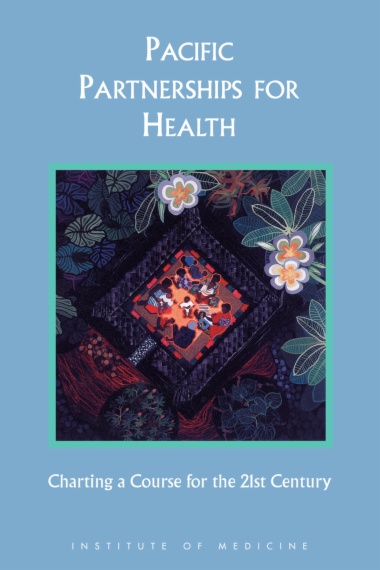

The U.S.-Associated Pacific Basin consists of six island jurisdictions: American Samoa, the Commonwealth of the Northern Mariana Islands, Guam, the Federated States of Micronesia, Republic of the Marshall Islands, and the Republic of Palau. This book examines one aspect of the ties and U.S. involvement with this part of the world—its role in the region's health care delivery system. Although the health status of the islanders and the challenges faced by the health care systems naturally vary within and among the jurisdictions, in general, almost all health indicators for the islanders are worse than those of mainland Americans. The health systems in the area must deal with conditions normally seen in developing countries (e.g., malnutrition, tuberculosis, dengue fever, and cholera) and in developed countries alike (e.g., diabetes, heart disease, and cancer). In examining the strengths and weaknesses of the area's systems, the volume provides a regional health overview and assessments of health care in individual jurisdictions, evaluates the Pacific Basin Medical Officers Training Program, and lays out a strategic plan for future health services in the U.S.-Associated Pacific Basin.